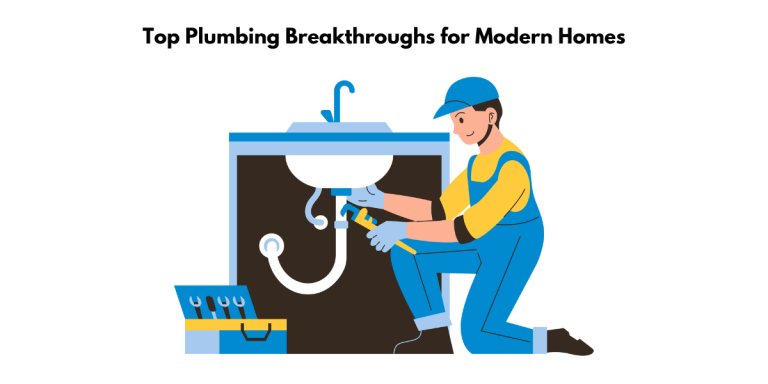Find the Best Plumbers Near You: Top 10 Plumbing Tips
What to consider when hiring a plumber?
1. Licenses and Certifications
When it comes to hiring a plumber, licenses and certifications are crucial. These credentials ensure that the plumber has the necessary knowledge and skills to provide reliable and safe plumbing services. Here are some licenses and certifications to consider when hiring a plumber:
- State Plumbing License: A state plumbing license is a requirement for plumbers to legally operate in the state. To obtain this license, plumbers must pass a state-approved plumbing exam and meet other requirements, such as completing an apprenticeship program.
- Journeyman License: A journeyman license is a step above an apprentice license and indicates that the plumber has completed additional training and experience. Journeyman plumbers are qualified to work on more complex plumbing systems and can supervise apprentices.
- Master Plumber Certification: A master plumber certification is the highest level of certification a plumber can achieve. To obtain this certification, plumbers must have several years of experience as a journeyman plumber, pass an exam, and meet other requirements.
2. Professionalism
Professionalism is an important factor to consider when hiring a plumber. A professional plumber should exhibit traits such as quick response, familiarity with the area, personalized service, trustworthiness, quality workmanship, and affordable prices. These qualities ensure that you receive the best possible service from someone who is experienced and knowledgeable in their field.
One of the main aspects of professionalism is quick response. A plumber who responds quickly to your call is more likely to be reliable and efficient. Additionally, familiarity with the area is important because it allows the plumber to easily locate your property and navigate the plumbing system. This can save time and money in the long run.
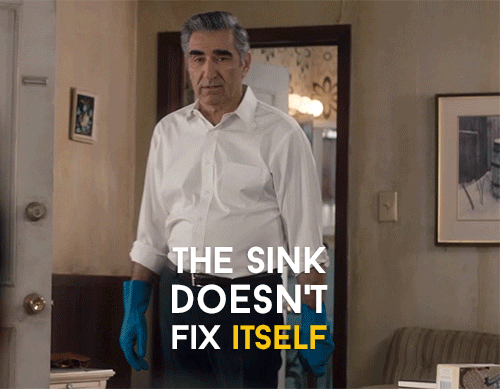
3. Price
Several factors can affect the price of plumbing services. The complexity of the job is one such factor. The more complex the job, the more time and materials are required, which can drive up the cost. The time of day or week can also impact the price, with emergency services typically costing more. The experience of the plumber is another factor to consider, with more experienced plumbers often charging higher rates.
To get an accurate quote from a plumber, it’s important to ask for a detailed breakdown of the costs. This should include the cost of materials, labor, and any additional fees such as a trip charge. It’s also a good idea to compare quotes from multiple plumbers to ensure you’re getting a competitive price.
4. Quality of Service
When evaluating the quality of service of a plumber, there are several factors to consider. These include familiarity with the area, personalized service, trustworthiness, quality workmanship, affordable prices, and quick response time. To ensure that you find a reliable plumber, it is important to ask for referrals and recommendations, check online reviews and ratings, verify licensing and insurance, and compare pricing and services offered. Additionally, it is essential to check for guarantees and warranties to ensure that you are protected in case of any issues. Common issues that might arise when evaluating the quality of service of a plumber include uneven levels of experience between technicians, priciness, and additional expenses. However, by considering these factors and conducting thorough research, you can find a plumber that meets your needs and provides high-quality service.
5. Availability
Availability is another essential factor to consider when it comes to hiring a plumber. You want someone who can respond quickly to emergencies and can work around your schedule. Check if they have live reps answering their phones 24/7. This ensures that you can get in touch with them any time of the day. Ask for referrals and recommendations from people in your area. Local plumbers are more likely to be available when you need them.
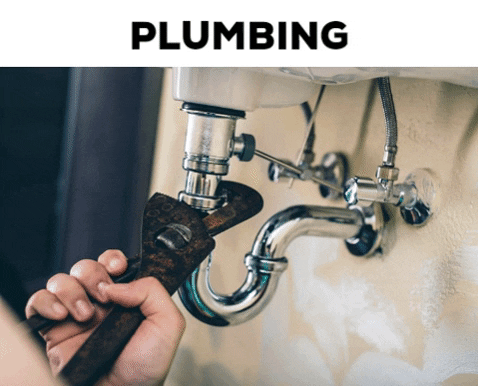
6. Warranty
A warranty is a guarantee that the plumber will stand behind their work and repair any issues that may arise after the initial service call. Here are some key points to consider when evaluating a plumber’s warranty:
- Duration: How long does the warranty last? Some warranties may only cover the work for a few months, while others may offer coverage for several years.
- Type of issues covered: What types of issues are covered under the warranty? A good warranty should cover any issues that arise due to the plumber’s workmanship, such as leaks or faulty installations.
- Conditions or limitations: Are there any conditions or limitations that apply to the warranty? For example, some warranties may only cover certain parts or require the homeowner to perform regular maintenance on their plumbing system.
- Common plumbing problems: Common plumbing problems that may arise after a service call include leaks, clogs, and broken fixtures. A comprehensive warranty can protect the homeowner from unexpected repair costs for these issues.
7. Location
When considering location, there are several factors to keep in mind to ensure that you hire the best plumber for your needs.
Hiring a plumber who is located nearby can ensure that they can quickly respond to emergencies and arrive at your location in a timely manner. This can save time and reduce the risk of property damage caused by plumbing issues.
Secondly, familiarity with the local area and building codes is crucial. A plumber who knows the area well can quickly navigate to your location, saving time and hassle.
Lastly, availability during emergencies is another crucial factor to consider. Plumbing emergencies can happen at any time, and having a plumber who is available 24/7 can ensure that you receive prompt and efficient service when you need it most.
8. Equipment
The right tools and equipment can make a significant difference in the quality of service provided. Plumbing equipment is designed to make the job easier, more efficient, and more effective. Here are some of the essential equipment that a plumber should have:
- Pipe Wrench – used to tighten and loosen pipes, fittings, and nuts. It has a self-locking feature that allows the plumber to work with one hand.
- Plunger – used to unclog drains and toilets. It creates suction that dislodges blockages in the pipes.
- Drain Snake – used to remove clogs that cannot be cleared by a plunger. It is a flexible cable that can be inserted into the drain to break up and remove blockages.
- Pipe Cutter – used to cut pipes to the desired length. It is a simple tool that ensures clean and accurate cuts.
- Sewer Camera – used to inspect the inside of pipes for blockages, cracks, and other issues. It is a small camera that is attached to a flexible cable and inserted into the pipe.
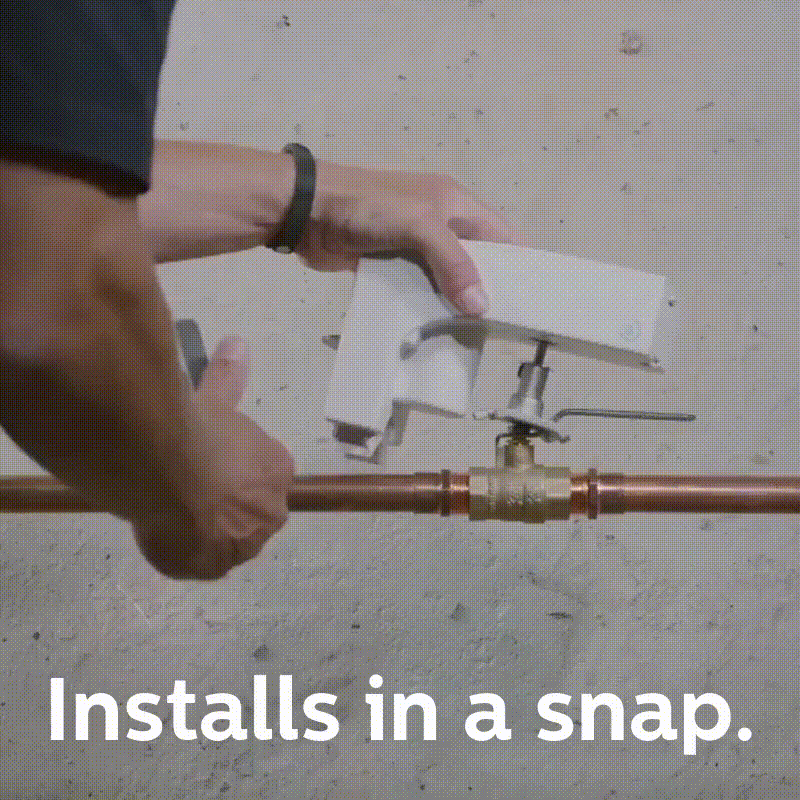
The 10 best plumbing tips for homeowners
1. Consulting a Professional for Repairs and Installations
Plumbing problems can be a major headache for homeowners, and attempting to fix them on your own can lead to even bigger issues. That’s why it’s important to consult a professional plumber for repairs and installations.
When hiring a plumber, be sure to ask about their experience and specialties. Make sure they have experience in the type of plumbing work you need to be done. Get a written estimate and ask about their warranty or guarantee for their work.
2. Look for Qualified Plumbers
Attempting to fix the problem on your own can be dangerous and costly. Therefore, it’s essential to hire a professional plumber who has the necessary experience, tools, and licensing required to complete the job safely and effectively. To find a qualified plumber, start by checking for proper licensing, insurance, and experience. You can also check with the local BBB to see if there have been any complaints filed against the plumber. Remember, hiring a qualified plumber is essential for the safety and well-being of your home.
3. Check References and Reviews
As a homeowner, it’s important to hire a reliable and trustworthy plumber for your plumbing needs. One of the best ways to ensure the quality of work is to check references and reviews before hiring a plumber.
By doing your research and checking references and reviews, you can ensure that you are hiring a reputable plumber who will provide quality work at an affordable price. Don’t be afraid to ask questions and do your due diligence before hiring a plumber to ensure a successful outcome.
4. Get Estimates for Work Before it Begins
Getting estimates for plumbing work before it begins is crucial to avoid any surprises in pricing. It allows you to compare prices and choose the best option for your budget. For example, if you need to fix a leaky faucet, you can get estimates from different plumbers to see who offers the best price. This way, you can avoid overpaying for a simple repair. In addition, asking for estimates allows you to establish credibility and trust with the plumber. You can ask questions about their experience, licensing, and insurance, which will give you peace of mind knowing that you’re hiring a qualified professional. Ultimately, getting estimates before any work begins puts you in control and helps you make informed decisions about your plumbing project.
5. Know Your Home’s Plumbing System
To fully understand your home’s plumbing system, it is important to consider the following factors:
- Plan ahead: Know the location of the main water valve and isolation valves for individual lines. Keep plumber’s tape, a plunger, and wrenches handy in case of emergencies.
- React quickly: Shut off the main water valve or isolation valve as soon as you notice a problem to prevent further damage. If turning off the main water valve, also turn off the water heater or set it on pilot to avoid hot water buildup.
- Hire a professional: Contact an emergency plumber if you cannot fix the problem yourself. Regular inspections and maintenance services such as drain cleanings and leak detection can prevent costly replacements and restorations caused by collapsed pipes or water damage.
Understanding your home’s plumbing system is crucial in preventing future plumbing issues. By planning ahead, reacting quickly, and hiring a professional for maintenance services, you can avoid costly repairs and ensure a smoothly running plumbing system for years to come.
6. Know When to Call a Plumbing Emergency Service
A plumbing emergency can be a nightmare for any homeowner. It is of utmost importance to know when to call for professional help. A plumbing emergency is any situation that requires immediate attention to prevent further damage to your property. Signs of a plumbing emergency include leaky pipes, clogged drains, low water pressure, and frozen pipes. When calling a plumbing emergency service, the first step is to shut off the main water valve or the isolation valve to stop the water flow. Next, contact an emergency plumber if you cannot fix the problem yourself. It is crucial to not try to fix the issue on your own as it can prove to be dangerous and costly. Professional plumbers have the specialized tools and experience necessary to complete repairs promptly and safely. Remember to always seek professional help when dealing with a plumbing emergency.
7. Use Quality Materials
When it comes to plumbing, the importance of using quality materials cannot be overstated. Subpar materials may seem like a cost-effective option at first, but they can lead to costly consequences in the long run. In this section, we will discuss the importance of using quality materials in plumbing and the potential consequences of using subpar materials.
Using quality materials in plumbing ensures the longevity and efficiency of the system. Quality materials are designed to withstand the wear and tear of daily use and can resist corrosion and damage caused by chemicals and minerals present in the water. Additionally, quality materials are less likely to develop leaks, cracks, or other issues that can result in costly repairs.
Using subpar materials in plumbing can lead to a variety of issues, including leaks, clogs, and corrosion. Subpar materials may not be able to withstand the pressure and temperature changes that occur within the plumbing system, leading to cracks and leaks. Additionally, subpar materials may corrode quickly, leading to a buildup of minerals and chemicals that can clog the pipes and reduce water flow. Over time, these issues can lead to significant damage to the plumbing system, resulting in costly repairs or even complete replacement.
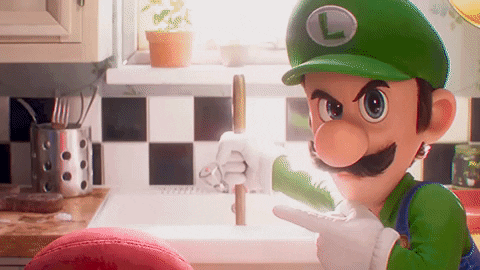
8. Keep an Eye on Water Usage
Monitoring your water usage is crucial to avoid costly plumbing repairs and to conserve water. Here are some tips to keep an eye on your water usage:
- Check your water bill regularly.
- Be mindful of your water usage.
- Keep an eye on your toilet.
- Monitor your water pressure.
Prioritizing essential plumbing services that will ensure your pipes run smoothly for many years to come is a smart investment for any homeowner. Don’t hesitate to contact a professional plumber if you notice any warning signs of a leak or other plumbing issues. By taking a proactive approach to your plumbing system, you can enjoy peace of mind and a well-functioning home.
9. Make Sure Appliances are Properly Covered by Home Insurance
Home insurance is a crucial investment that protects homeowners against unforeseen damages and losses caused by natural disasters, theft and other unfortunate events. To ensure that your appliances are properly covered by home insurance, there are several steps you should take. First, identify the appliances that need coverage, such as washing machines, refrigerators, hot tubs, and garbage disposals. Second, review your insurance policy to determine what is and isn’t covered. Third, consider purchasing additional coverage options, such as equipment breakdown coverage, which can protect against damages caused by faulty appliances. Finally, regularly review and update your home insurance policy to ensure that you have adequate coverage for your appliances and other valuable assets.
10. Keep a Plumbing Kit on Hand
This kit should contain essential tools and materials that can help you address minor plumbing issues before they escalate into major problems. Here is a list of items that should be included in your plumbing kit: plumber’s tape, plunger, adjustable wrench, pipe wrench, basin wrench, slip-joint pliers, Teflon tape, copper pipe cutter, and a hacksaw. By having these items readily available, you can save yourself the inconvenience and expense of having to call a plumber for minor issues. Additionally, having a plumbing kit on hand can help you quickly address emergency situations and minimize damage to your home.
FAQ
How do I find the best plumber near me?
As a homeowner, finding a reliable plumber is crucial to ensure that your plumbing issues are fixed correctly and in a timely manner. Here’s a step-by-step process to help you find the best plumber near you:
- Ask your neighbors for recommendations. They can provide valuable insights into the quality of work and customer service of local plumbers.
- Look for online reviews to see what others in your community are saying about the quality of services they received from local plumbers.
- Check the Better Business Bureau (BBB) for complaints. The BBB gathers complaints about local companies and publishes them online so potential clients can make better-informed choices.
- Ensure that every plumber you contact is licensed and insured. They should also be experienced in fixing plumbing issues similar to yours.
- Check for customer satisfaction. Ensure the plumber is customer-friendly and willing to help. You can ask neighbors and read reviews online.
What type of plumbing services do plumbers offer?
Plumbers offer a variety of services to ensure the proper functioning of a home’s water, sewer, and drainage systems. These services include repairing and installing pipes, pumps, water mains, septic tanks, and other plumbing equipment. Plumbers can also fix issues such as clogged drains, low water pressure, leaky faucets, and running toilets. Additionally, they can install and repair fixtures like sinks, bathtubs, and toilets. Some plumbers specialize in emergency plumbing services, while others focus on remodeling or natural gas lines. It is crucial to hire a professional plumber for any plumbing issue to ensure that the problem is resolved correctly and in a timely manner.
How much does plumbing repair or installation cost?
Plumbing repair or installation costs can vary depending on several factors. The type of repair or installation needed, the complexity of the job, and the location are some of the factors that can affect the cost. For example, small repairs like unclogging a drain or fixing a leaky faucet may cost around $100-$300, while more complex jobs like replacing a water heater or fixing a slab leak can cost $1,200-$3,000 or more. Plumbers may charge hourly rates ranging from $45-$165, with the average job costing $125-$450. Emergency plumbing services may cost double or triple the regular rate. Some plumbing companies may have a minimum service fee of $50-$200. Location can also impact the cost, with prices varying by region. To get an accurate estimate, homeowners can contact plumbers near them to discuss their specific needs.

Are there any plumbers who offer discounts or warranties?
Q: Are there any plumbers who offer discounts or warranties?
A: Yes, many plumbing companies offer discounts and warranties to their clients. Some common types of discounts include senior citizen discounts, military discounts, and first-time customer discounts. Some plumbers also offer discounts for referrals or for scheduling services during off-peak hours. As for warranties, it is common for plumbers to offer a warranty on their labor, typically ranging from 30 days to a year. Additionally, many plumbing products come with their own manufacturer’s warranty, which the plumber should provide information on. It’s important to ask about discounts and warranties when hiring a plumber to ensure you are getting the best deal and protection for your home’s plumbing system.


